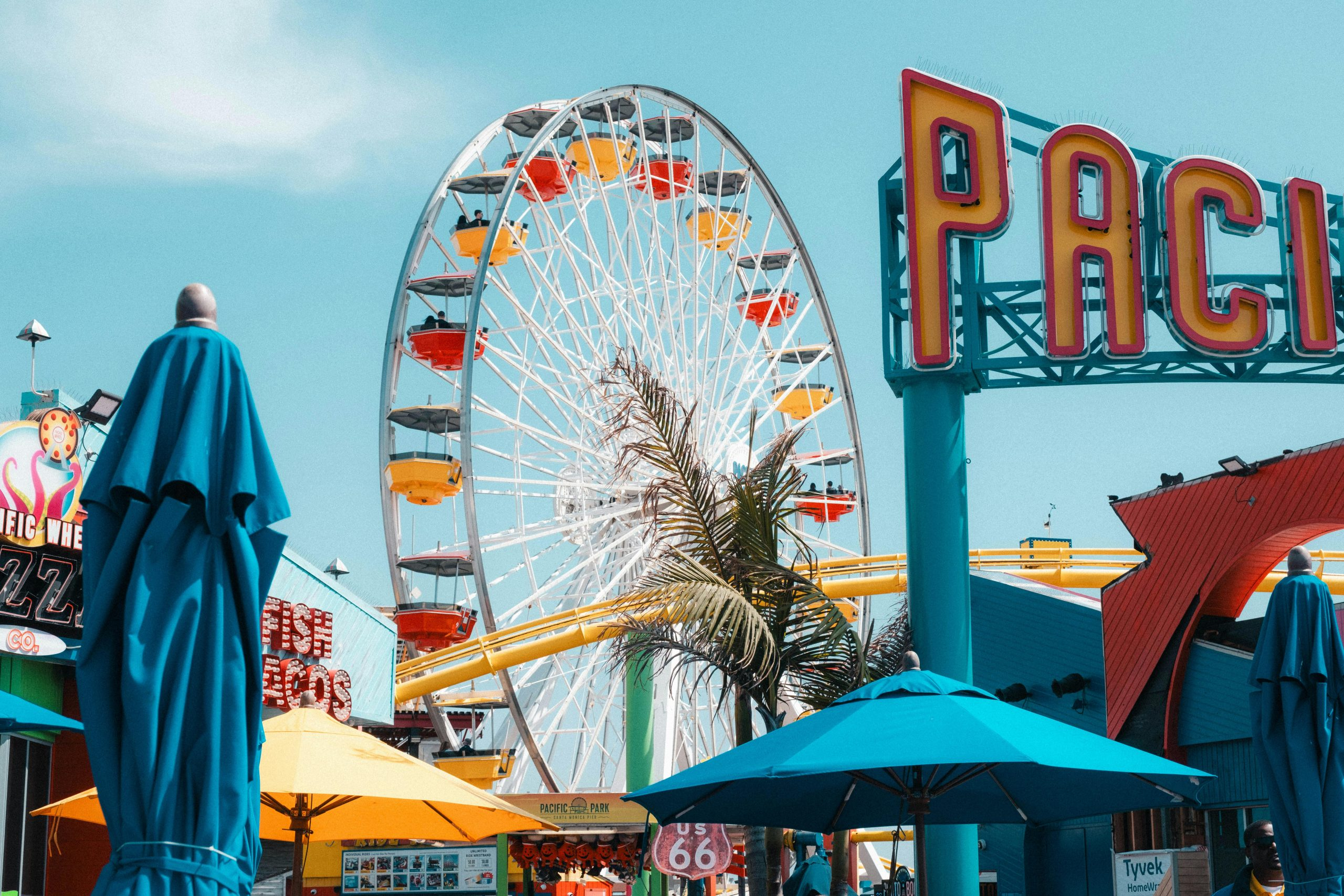The Psychology of Souvenirs: Why We Collect Travel Mementos
We all love to travel and explore new places, whether it’s a backpacking trip across Europe or a relaxing beach vacation in the Caribbean. And what better way to remember those experiences than with a souvenir? Souvenirs are more than just mere trinkets or gifts for friends and family, they hold a special meaning and memory for the traveler. But have you ever wondered why we collect souvenirs? What drives us to bring back these tangible reminders of our adventures? In this article, we’ll delve into the psychology of souvenirs and uncover the reasons behind our love for collecting travel mementos.
The Meaning of Souvenirs
Souvenirs have been a part of human culture for centuries, with travelers from ancient times bringing back tokens from their journeys. The word ‘souvenir’ is derived from the French word for ‘memory’ and can be defined as a keepsake or memento that is meant to remind us of a place, person, or event. These objects hold a great sentimental value for the collector and are often displayed or cherished for years to come.
The Power of Nostalgia
One of the main reasons we collect souvenirs is the power of nostalgia. When we travel, we experience new and exciting things, and our brain releases a chemical called dopamine, which is responsible for the feelings of happiness and pleasure. This chemical is also linked to our memory and creates strong associations between our experiences and emotions. Therefore, when we look at a souvenir, it triggers those feelings and transports us back to that exact moment in time, giving us a sense of comfort and familiarity.
Social Proof and Identity
Souvenirs also serve as a form of social proof and help us define our identity. We live in a society where our possessions are a reflection of who we are and what we value. By collecting souvenirs, we are showcasing our interests, passions, and travels to the world. It’s a way of saying, “I’ve been there, I’ve experienced that, and I have the proof to back it up.”
The Psychology Behind Different Types of Souvenirs
Not all souvenirs are created equal, and the type of souvenir a person chooses can reveal a lot about their personality and mindset. Let’s take a look at the psychology behind some popular types of souvenirs.
Symbolic Souvenirs
Symbolic souvenirs are objects that are representative of a specific place or culture. For example, a miniature Eiffel Tower from Paris or a traditional wooden mask from Bali. These souvenirs hold a deeper meaning for the collector and are often seen as a symbol of their travels. They evoke a sense of connection to the culture and serve as a visual reminder of the destination.
Practical Souvenirs
Practical souvenirs are items that serve a purpose and are meant to be used. This includes items such as clothing, kitchenware, or accessories with the name or logo of the destination. These souvenirs are not only functional but also serve as a conversation starter, allowing the collector to share their travel experiences with others.
Emotional Souvenirs
Emotional souvenirs are objects that hold a personal meaning for the collector. These souvenirs are not necessarily linked to a specific place or culture, but rather serve as a representation of a particular memory or experience. This could be a ticket stub from a concert or a seashell collected from a special beach. These souvenirs hold significant emotional value for the collector and can transport them back to a specific moment in time.
Final Thoughts
In today’s digital age, where photos and videos can easily be captured and shared, collecting souvenirs may seem unnecessary to some. However, the act of physically bringing back a piece of a destination serves as a tangible reminder of our travels and allows us to relive those memories in a more personal and intimate way. Souvenirs also have the power to connect us to the world and to each other, as we share our travel stories and experiences through these objects. So next time you’re on a trip, don’t hesitate to pick up a souvenir – it’s not just a token, it’s a souvenir of a special moment in time.









